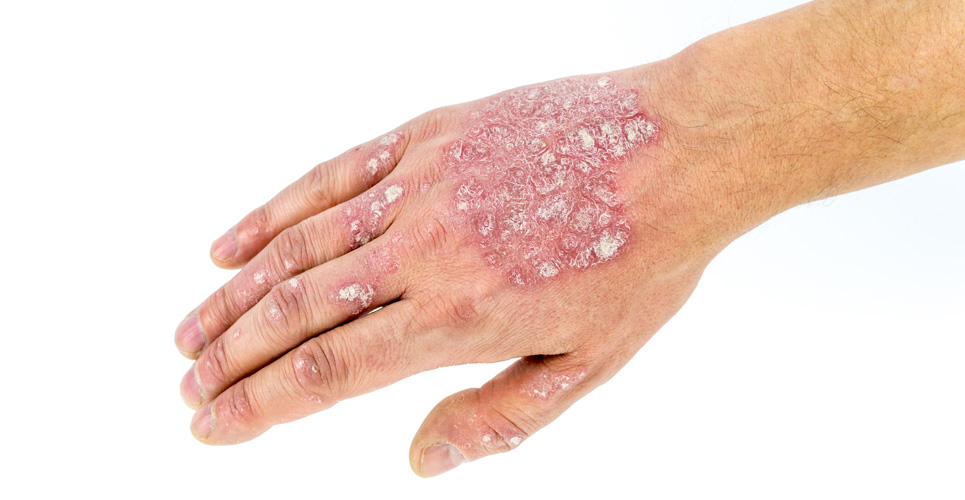World Psoriasis Day was held on 29th October with the theme “Global access to treatment” to highlight the fact that more than 125 million people have psoriasis but not all have access to treatment. Early and effective therapy lessens the burden of disease for the person, their family and the community. New research also shows the importance of regular evaluation and treatment of cardiovascular risk factors in patients with psoriasis.
Psoriasis is a life-long skin disorder that causes red, scaly patches. World Psoriasis Day aims to raise the profile of this devastating skin disease and the physical and emotional misery it can cause. It also seeks to dispel myths about the condition, such as the mistaken view that psoriasis is contagious, and to educate patients and the public so that they can discuss it more openly and confidently.
Research from ESC Congress 2013 shows that patients with psoriasis should be screened for cardiovascular disease.1 Lead author, Dr Usman Khalid from Denmark, said: “Psoriasis is a chronic inflammatory disease with a worldwide prevalence between 2–4%. Heart failure is also a major global health burden. We investigated the risk of heart failure in patients with psoriasis in the entire adult population in Denmark.”
The researchers found that patients with psoriasis have a higher risk of developing heart failure than the general population. The risk of heart failure went up as the severity of psoriasis increased. Dr Khalid said: “Our findings underline the importance of regular evaluation and treatment of cardiovascular risk factors in patients with psoriasis. Chronic inflammation is a characteristic feature of both psoriasis and heart failure, and may play a significant role in their development and progression.”
He added: “Psoriasis should be considered a systemic inflammatory disease that affects the whole body, rather than an isolated skin lesion. Clinicians should consider early screening and treatment of cardiovascular risk factors in patients with psoriasis such as obesity, smoking and a sedentary lifestyle in order to reduce the long-term risk of cardiovascular disease and death. Patients with psoriasis need education about the association between their skin condition and cardiovascular disease so that they can adopt heart healthy behaviours.”
ESC spokesperson Professor Aldo Maggioni said: “It’s important that doctors check to see if their patients with psoriasis also have cardiovascular disease because the two conditions share similar risk factors. Patients with psoriasis need to be aware that their risk factor profile puts them in danger of getting cardiovascular disease and they should improve their lifestyles to avoid getting heart disease.”
Patients with psoriasis suffer physically and psychologically. They may have cracking and bleeding skin which causes constant pain and they bear the humiliation of shedding scales on their clothes and surroundings. Some also have psoriatic arthritis, which is a crippling form of arthritis. There are many misunderstandings surrounding the disease, with some people equating psoriasis with being unclean, and this can lead to shame and social isolation. Patients struggle with the disappointment of treatments and the lack of a cure.
World Psoriasis Day 2013 is holding a photo testimonial campaign called “Treat the patient – save the person” which will feature people affected by psoriasis holding a written statement about the impact of treatment or lack of treatment on their life. See http://www.worldpsoriasisday.com/web/page.aspx?refid=143 for more details.

